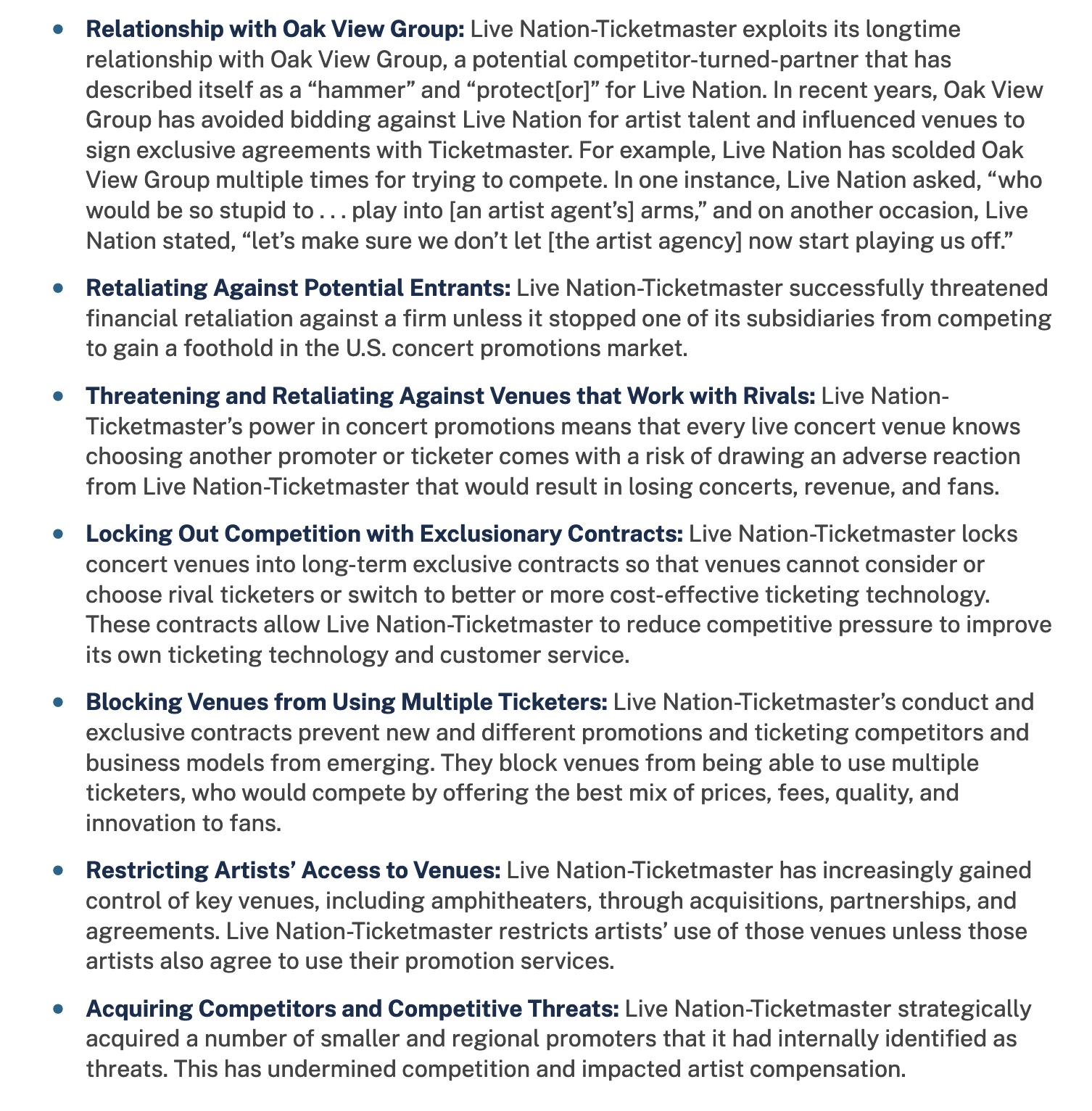Ticketmaster has been a thorn in the side of concertgoers for over a decade. Regardless of the initial ticket prices, users must pay fees amassing up to 78% of ticket value. Because Ticketmaster essentially functions as a monopoly, most public venues are forced to use their site to sell tickets, leaving fans stuck paying inflated and dynamic prices. This issue has been frequently raised by international fans, but is quickly raising domestic attention. But why now, and what can be done to save the integrity of live music?
Ticketmaster distrubutes presale codes to Verified Fans and Capital One Cardholders. Each presale code allowed for a maximum of 6 tickets per person to temper demand and crack down on bots. The Verified Fan selection is arbitrary, if not random.
The queues amassed to thousands at the time, ultimately crashing the Ticketmaster servers and overwriting the spot of many waiting for their change to grab a spot. Currently, resale tickets are on the market for up to 95,000 for side seating with no pit tickets available. Many are calling on the company and the act alike to cancel any and all tickets linked to these resellers, to no avail.
Although Ticketmaster claims to have capped the maximum ticket purchase, scalpers frequently use web-based tools like Trade Desk to seamlessly sync their accounts to resale operations like StubHub and Vivid Seats. And despite the corporation's claims that only 5% of tickets hit the resale market, Ticketmaster cancelled the public sale after some 12 million presale tickets sold out after just two days. Based on this concession, we can estimate that 600,000 resale tickets hit the open market.
Following a petition by organization @MorePerfectUnion that was backed by representative Alexandria Ocasio Cortez and amassed nearly 50,000 digital signatures, the Department of Justice opened an investigation into the abuse of market power over artists and venues.
But how did it take such a disaster to get to this point?
To understand the true nature of Ticketmaster's business model, it helps to understand what monopolies are and how they influence the free market. Monopolies are technically illegal, and while Ticketmaster isn’t legally recognized as a monopoly, the corporation primarily functions as one.
In 2010, Ticketmaster merged with Live-Nation, the leading concert venue operator. It was the Justice Department who approved the merger under a 10-year consent decree on the condition that the company sell another ticketing company it owned to a rival firm and refrain from using its power to force talent and venues to use the Ticketmaster service.
The United States Department of Justice (DOJ) filed an antitrust lawsuit against Live Nation Entertainment in May 2024. 30 states joined the DOJ in the lawsuit. The DOJ alleges that Live Nation and Ticketmaster have been using their dominant market position to stifle competition and raise prices for concertgoers, claiming Live Nation uses its power as a concert promoter to pressure venues to use Ticketmaster exclusively.
According to the DOJ, artists have less choice in performance venues, and small contractors are left out of the equation entirely. As a result of this conduct, music fans in the US are deprived of ticketing innovation and forced to use outdated technology while paying more for tickets than fans in other countries.

Attorney General Merrick B. Gardland calls this flywheel "unlawful" and "anti-competitive." A favorable ruling could set a precident for the future of scalping and surge pricing.